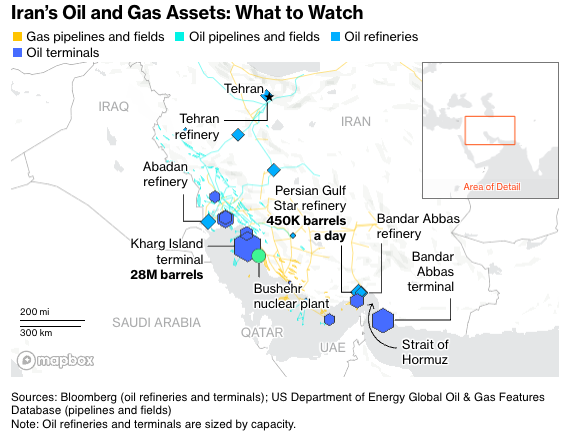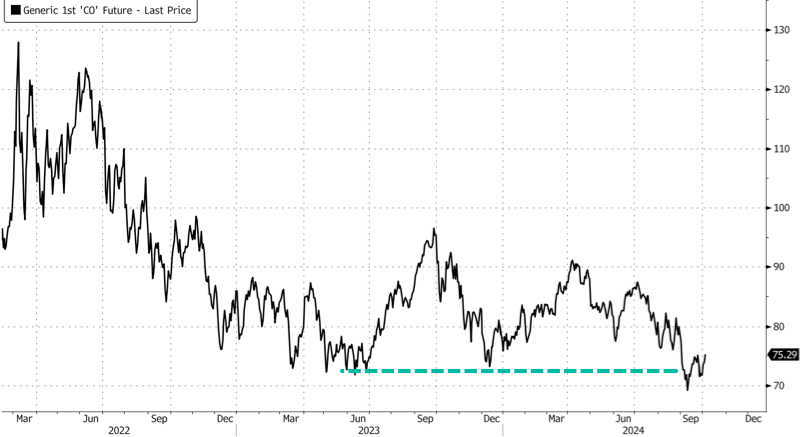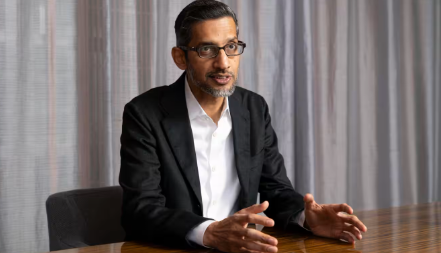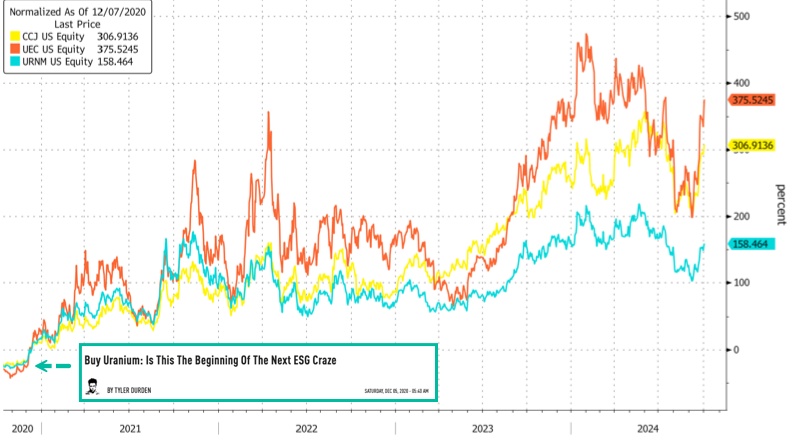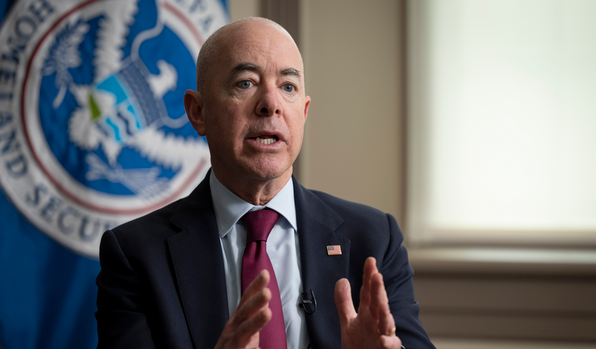In a Senate hearing last week on Novo Nordisk’s drug pricing, CEO Lars Fruergaard Jørgensen said he would be willing to sit down with the three largest pharmacy benefit managers who committed that they would expand coverage of Ozempic and Wegovy if Novo lowers its list prices for the blockbuster drugs.
Pressured by Sen. Bernie Sanders (I-Vt.), chair of the Senate health committee, Novo Nordisk CEO Lars Fruergaard Jørgensen in a Tuesday hearing agreed in principle to discussions with the three major pharmacy benefit managers, who committed to Sanders that a list price reduction would not negatively impact formulary placement for type 2 diabetes and obesity drugs Ozempic and Wegovy.
“I am delighted to announce today that I have received commitments in writing from all of the major PBMs that if Novo Nordisk substantially reduced the list price for Ozempic and Wegovy they would not limit coverage. In fact, all of them told me they would be able to expand coverage for these drugs if the list price was reduced,” Sanders said at the hearing.
Asked by Sanders whether Novo would be willing to sit down with PBMs to discuss their offer, Jørgensen said he would but would not commit upfront to lowering the list prices. Sanders offered to broker a deal between Novo and the three PBMs—Cigna’s Express Scripts, CVS’ Caremark and UnitedHealth’s Optum Rx—to which Jørgensen replied he would support “anything that can help get patients access.”
Novo has blamed the high list prices for its drugs on the PBMs as the company must pay rebates to these powerful prescription drug middlemen, who negotiate between pharma companies and health insurers to get onto their formularies.
In written testimony submitted to Tuesday’s hearing on Ozempic and Wegovy U.S. pricing, Jørgensen said “with PBMs asking that more money be paid to them in the form of rebates, discounts, and fees each year—unilateral manufacturer cuts to list prices do not consistently alleviate the cost burden on patients, and may in fact create harmful unintended consequences.”
BMO Capital Markets analyst Evan Seigerman in a note to investors was skeptical that the Sanders-brokered “good faith discussions” between Novo and the PBMs will have much impact, as “real action remains questionable” coming out of Tuesday’s Senate hearing.
“In our view, Novo highlighted several core problems with the U.S. healthcare system which will need to be addressed in order to provide any substantive benefit to patients,” Seigerman wrote. “These problems are multi-factorial and will likely require patients, providers, pharmaceutical companies, and PBMs to all come to the table to provide a productive solution.”
Following last Tuesday’s hearing, Sanders’ committee placed blame for the “outrageously high prices” of Ozempic and Wegovy squarely on Novo.
The Senate health committee released a majority staff report on Novo’s “untenable drug pricing strategy in America” based in part on “new information” provided by PBMs and health insurance plans.
“Contrary to claims from Novo Nordisk,” the report concluded that PBMs and health insurance plans “are not the reason for high prices for Ozempic and Wegovy” in the U.S.
The Pharmaceutical Care Management Association (PCMA)—a PBM lobbying group—in a Tuesday statement about the Senate hearing said that “despite PBMs pledging to continue facilitating coverage of these drugs, Big Pharma companies are still unwilling to commit to lowering the price of the drugs they create and instead, continue to try to redirect blame onto PBMs.”
However, the Federal Trade Commission in July released a scathing report about PBM business practices, including charging payers higher prices than what they pay to pharmacies—so called spread pricing—thereby “profit[ting] at the expense of patients by inflating drug costs and squeezing Main Street pharmacies.”
PBM reform remains a hot button issue in Congress with several bills being considered that would require PBMs to declare how much of a profit they’re making while negotiating drug prices.
